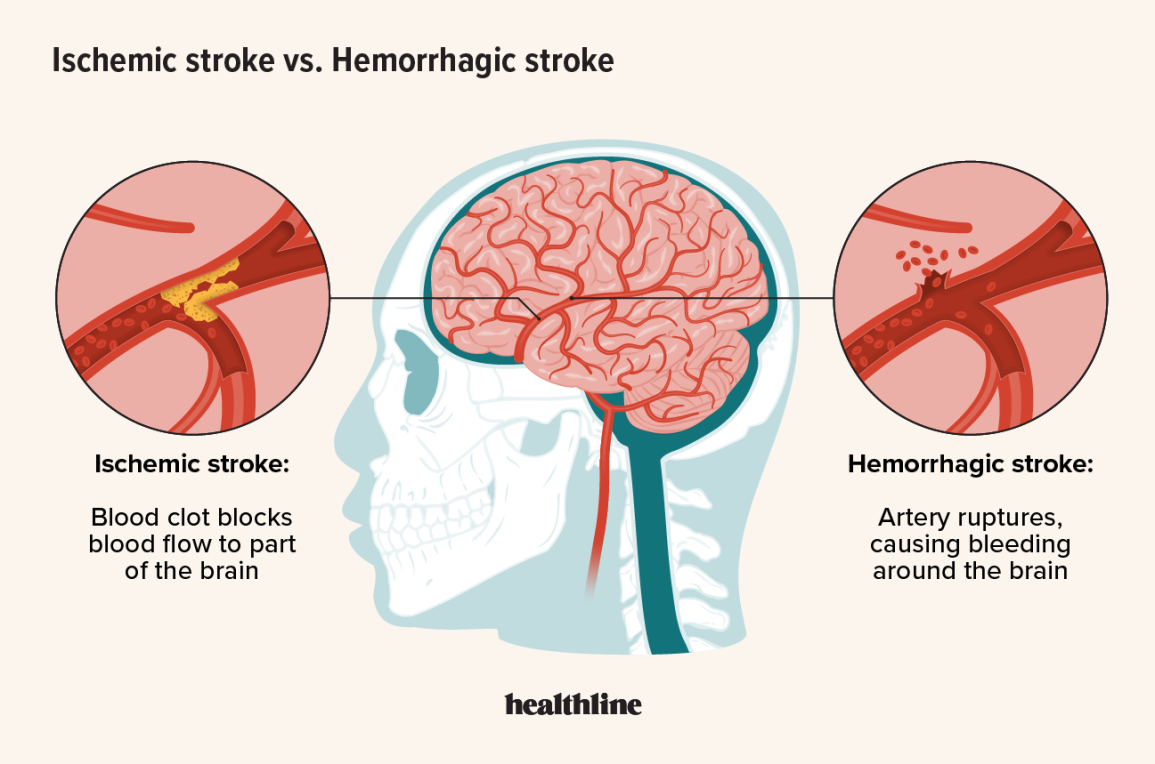CA50 Tumor Marker
CA50 is a kind of sialic acid ester and sialic acid glycoprotein, which generally does not exist in normal tissues. When cells become malignant, glycosylation enzyme is activated, resulting in changes of glycosylation structure on the cell surface and becoming A MARKER of CA50.
The CA50 marker is a chemical that reflects the presence of a tumour.
Cancer antigen 50 does not exist in normal adult tissues, which is restricted to embryonic tissues, or in the tissue of cancer than in normal tissue, their existence or quantitative change may indicate the nature of the tumour to understand the tumour tissue, cell differentiation and cell function, to help the diagnosis, classification and prognosis judgement and treatment of tumour.

CA 50 Tumor Marker Products
| Antibody | Application |
| Mouse anti-human CA50 mAb | For immunodiagnostic: ELISA, LFA, CLIA |
| Humanized anti-human CA50 mAb |
CA 50 Marker Intro
CA50 is a chemical class that reflects the presence of tumors. They do not exist in normal adult tissues but only in embryonic tissues, or the content in tumor tissues dramatically exceeds that in normal tissues. Their presence or quantitative changes can indicate the nature of tumors to understand tumor histogenesis, cell differentiation, and cell function to help tumor diagnosis, classification, prognosis, and treatment guidance.
Cancer Antigen 50
CA50 is a sialic acid ester and sialic acid glycoprotein. When cells become malignant, glycosylase is activated, resulting in the change of cell surface glycosyl structure and becoming the marker of CA50. CA50 in normal blood is less than 20 μg/L, and it can elevate in many malignant tumor patients, such as 66.6% of lung cancer, 88.2% of liver cancer, 68.9% of gastric cancer, 88.5% of ovarian or cervical cancer, and 94.4% of pancreatic or bile duct cancer. Others, such as rectal cancer, bladder cancer, etc., are more than 70% elevated.
- Cardiac Markers
-
Tumor Marker
-
PGII
-
G17
- CA50
-
CA125
- CA242
-
CA15-3
- CA19-9
- CA72-4
-
Pepsinogens I (PGI)
-
Human Epididymis 4 (HE4)
- Prostate-Specific Antigen (PSA)
- Squamous Cell Carcinoma (SCC)
- Neuron-Specific Enolase (NSE)
- Cytokeratin 19 Fragment (CYFRA21-1)
- Human Progastrin-releasing Peptide (ProGRP Tumor Marker)
- Protein Induced by Vitamin K Absence or Antagonist-II (PIVKA II Tumor Marker)
- Alpha-fetoprotein(AFP)
-
CEA
-
Human Chitinase 3-like 1
-
PGII
- Inflammatory Marker
- Infectious Disease
- Hormones
- Thyroid Function
- Glucose Metabolism
- Bone Marker
- Others
-
Heterophilic Blocking Reagent
- Animal Diagnostics



















